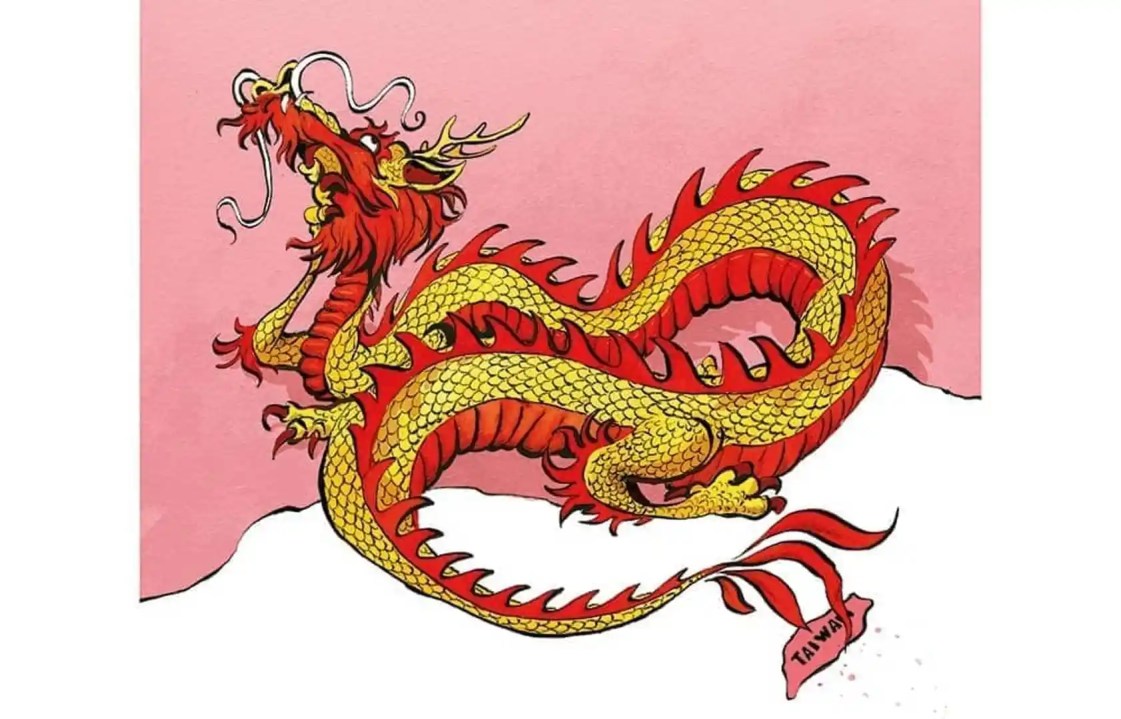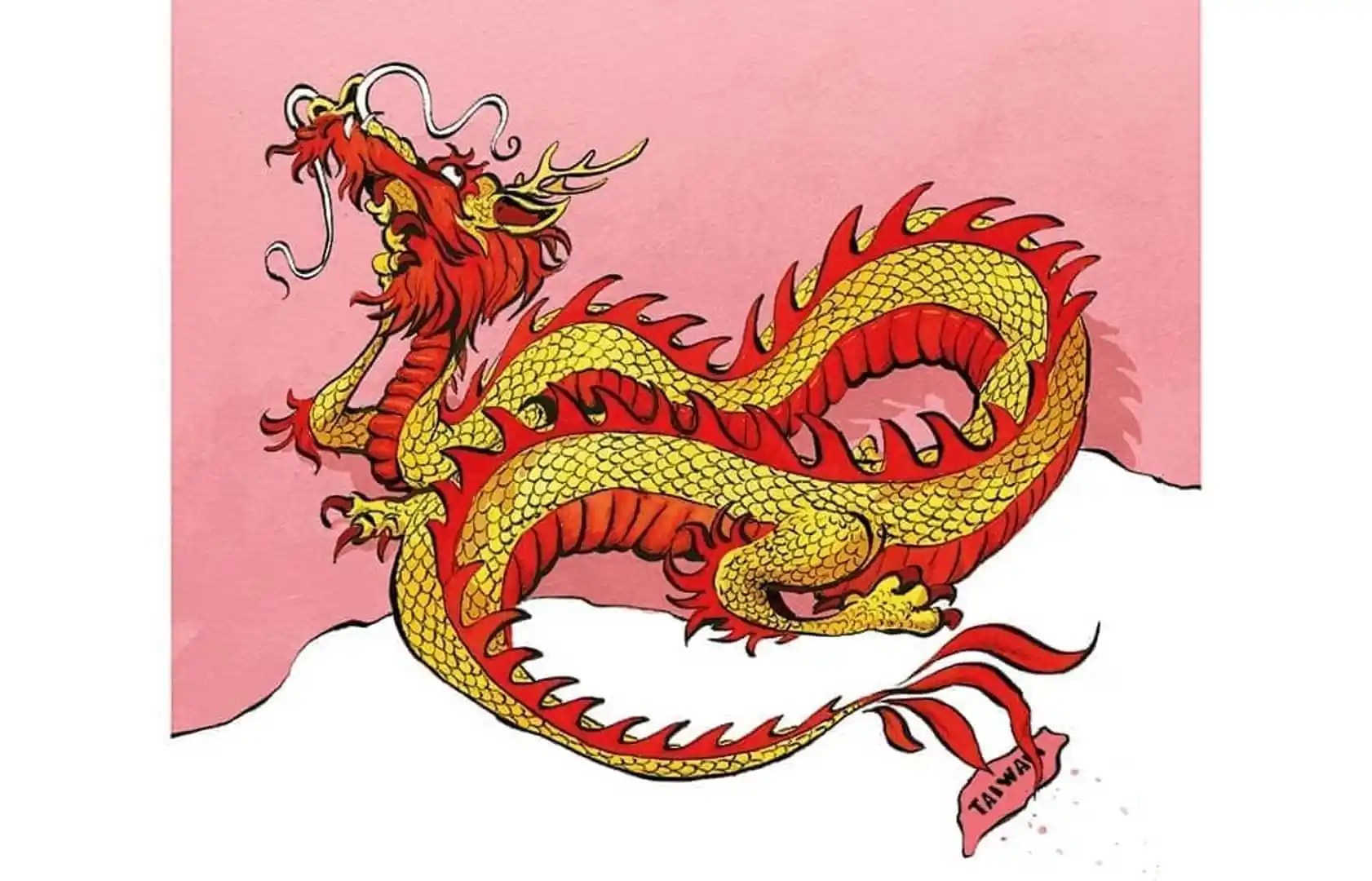The threatened Commons drama of an MP using parliamentary privilege to name the alleged Chinese spy was dampened rather after the High Court lifted the anonymity order on Yang Tengbo. It meant the urgent question (UQ) in the Chamber this afternoon ended up being much more about the UK government’s attitude towards China generally – which made it a much more useful session than if everyone had been craning their necks to see which maverick MP was going to stand up and name ‘H6’.
The urgent question came from Iain Duncan Smith, who got a scolding from the Speaker for telling the press he was tabling it. Mind you, Lindsay Hoyle also made clear his displeasure with ministers for not giving a statement on the matter, so no one was in his good books today. Duncan Smith used the UQ to call on ministers to ramp up security checks on China, including putting Beijing into the enhanced category of the foreign influence registration scheme (FIRS). He added that he understood the Conservative government had been about to put China into that category.
Home Office Minister Dan Jarvis argued that the FIRS scheme was ‘not sufficiently robust’ when Labour came into office, and that the government would be announcing details of how it would operate in the new year, with plans for it to become operational by the summer. Later on in the session, Tom Tughendhat, who did Jarvis’s job when the Tories were in government, queried whether it was really correct that FIRS wasn’t ready, saying:
I was assured by the same officials who sit in the box advising him that it was ready to go by the end of the year, clearly the advice has changed, there’s only one thing in the department that’s changed and that’s the party leading it so I can only assume that there’s a change of intent, but I am delighted that it will be ready to go by the summer, better late than never. The real question of course is whether it is worth having, and the advice from MI5 was very. Very clear that if China isn’t in the enhanced tier, it’s not worth having. Will China be in that tier?
Jarvis replied that he had known Tugendhat a long time and that he knew he would ‘take on trust my assertion that the scheme was not ready to go when we arrived in government in July of this year’.
A much more forceful critique came from shadow Home Secretary Chris Philp, who told MPs: ‘Given what we’ve learned and what we know, these very close relations that the Prime Minister is apparently attempting may not be wise, and the rather sycophantic tone the Prime Minister took with President Xi at the G20 a few weeks ago may not be very wise in the light of what we now know.’
Jarvis had a ready riposte to this, saying at least Starmer ‘didn’t take him to the pub for a pint’, which was a reference to the way David Cameron had courted Xi when he was PM. Later on, Paul Waugh – previously a lobby journalist and now a Labour backbencher – mocked the Conservatives for using the word ‘sycophantic’. He reminded them that Theresa May had been praised in the Chinese state media for not bringing up human rights issues on her visit to China, something he witnessed himself as he was on the trip.
Once again, Labour relied heavily on pointing out that the Conservatives had been at least as bad at something as the current party of government. There wasn’t a great deal of clarity from Jarvis’s answers about how this latest set of allegations would change the UK government’s relationship with China. Keir Starmer has been out and about today trying to rearticulate the current iteration of that relationship, which is ‘cooperating where we need to cooperate… challenge where we must and where we should… and to compete where it comes to trade’. Given he seems content to be just a tiny bit better than the Tories, he is still likely to revise that a lot in the coming months.









Comments